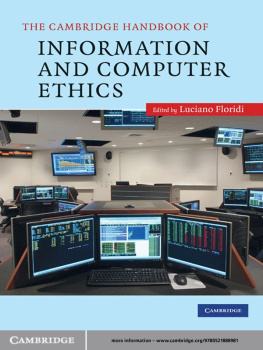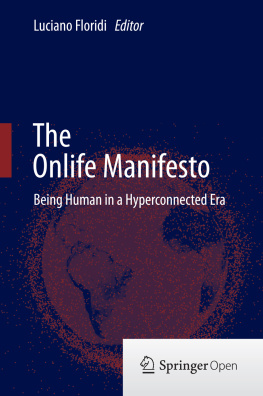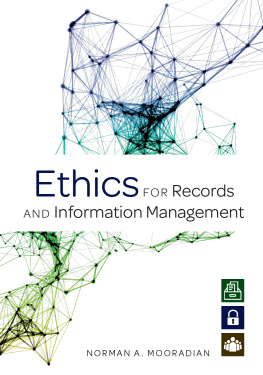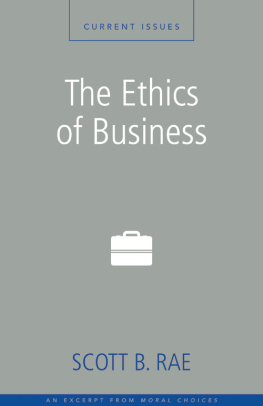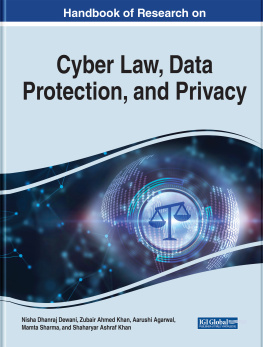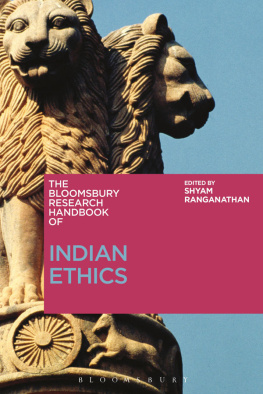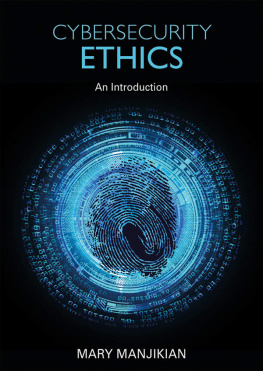Floridi - The Cambridge Handbook of Information and Computer Ethics
Here you can read online Floridi - The Cambridge Handbook of Information and Computer Ethics full text of the book (entire story) in english for free. Download pdf and epub, get meaning, cover and reviews about this ebook. City: Cambridge;UK, year: 2012;2010, publisher: Cambridge University Press, genre: Romance novel. Description of the work, (preface) as well as reviews are available. Best literature library LitArk.com created for fans of good reading and offers a wide selection of genres:
Romance novel
Science fiction
Adventure
Detective
Science
History
Home and family
Prose
Art
Politics
Computer
Non-fiction
Religion
Business
Children
Humor
Choose a favorite category and find really read worthwhile books. Enjoy immersion in the world of imagination, feel the emotions of the characters or learn something new for yourself, make an fascinating discovery.
- Book:The Cambridge Handbook of Information and Computer Ethics
- Author:
- Publisher:Cambridge University Press
- Genre:
- Year:2012;2010
- City:Cambridge;UK
- Rating:4 / 5
- Favourites:Add to favourites
- Your mark:
The Cambridge Handbook of Information and Computer Ethics: summary, description and annotation
We offer to read an annotation, description, summary or preface (depends on what the author of the book "The Cambridge Handbook of Information and Computer Ethics" wrote himself). If you haven't found the necessary information about the book — write in the comments, we will try to find it.
Information and Communication Technologies (ICTs) have profoundly changed many aspects of life, including the nature of entertainment, work, communication, education, healthcare, industrial production and business, social relations and conflicts. They have had a radical and widespread impact on our moral lives and hence on contemporary ethical debates. The Cambridge Handbook of Information and Computer Ethics provides an ambitious and authoritative introduction to the field, with discussions of a range of topics including privacy, ownership, freedom of speech, responsibility, technological determinism, the digital divide, cyber warfare, and online pornography. It offers an accessible and thoughtful survey of the transformations brought about by ICTs and their implications for the future of human life and society, for the evaluation of behaviour, and for the evolution of moral values and rights. It will be a valuable book for all who are interested in the ethical aspects of the...
Floridi: author's other books
Who wrote The Cambridge Handbook of Information and Computer Ethics? Find out the surname, the name of the author of the book and a list of all author's works by series.

